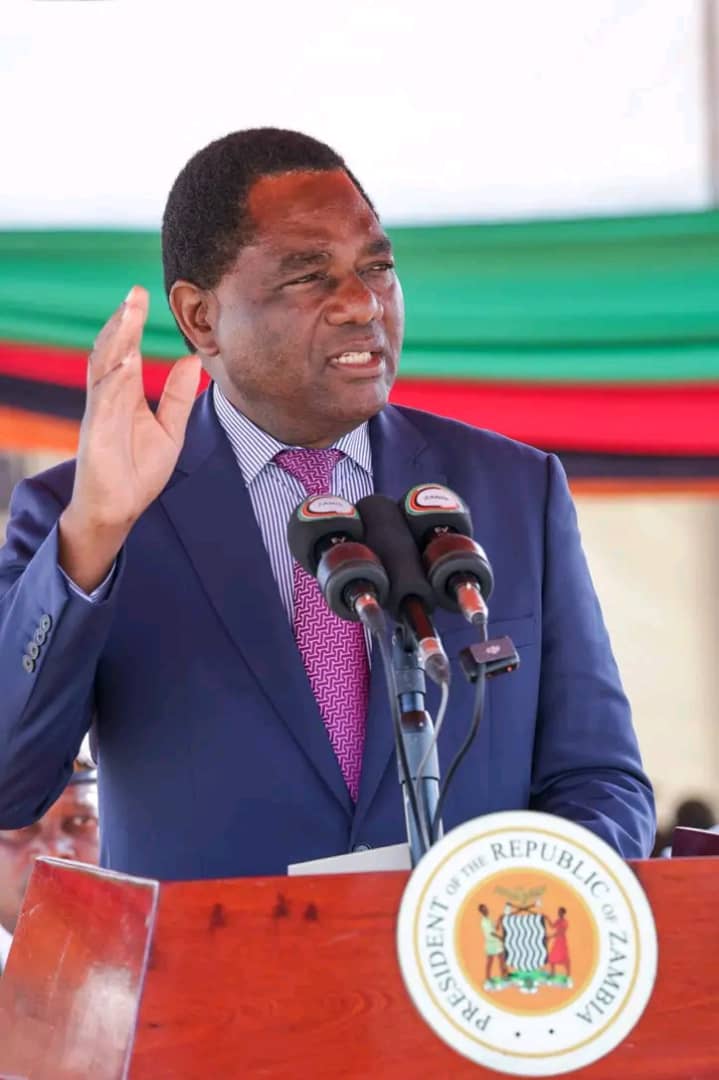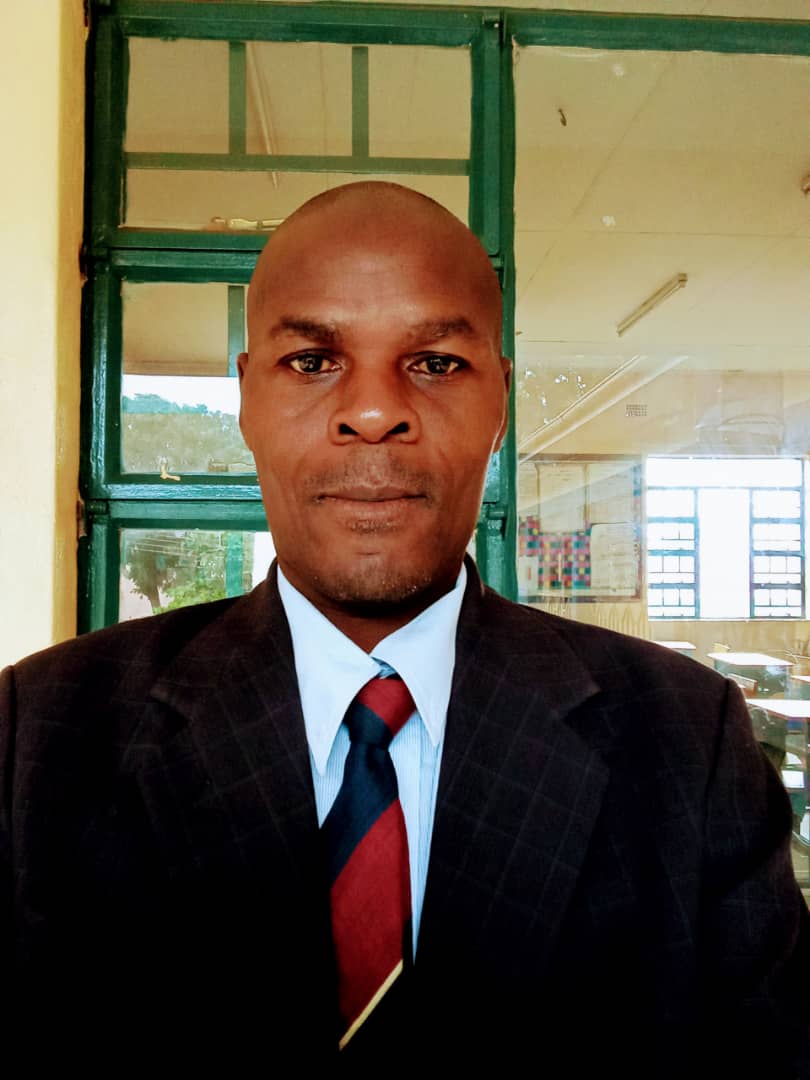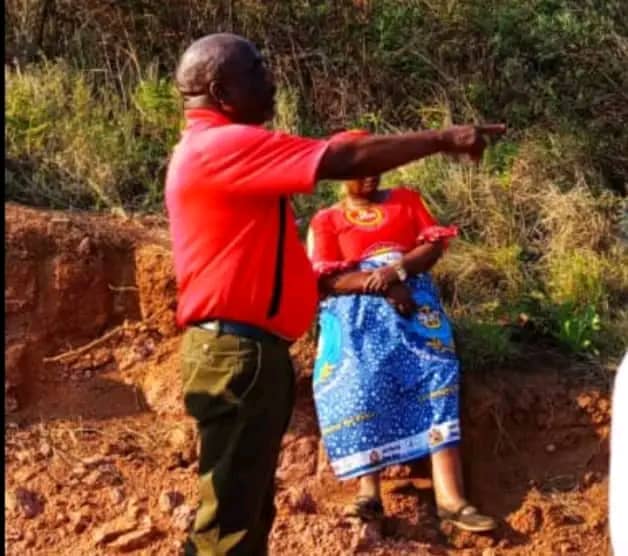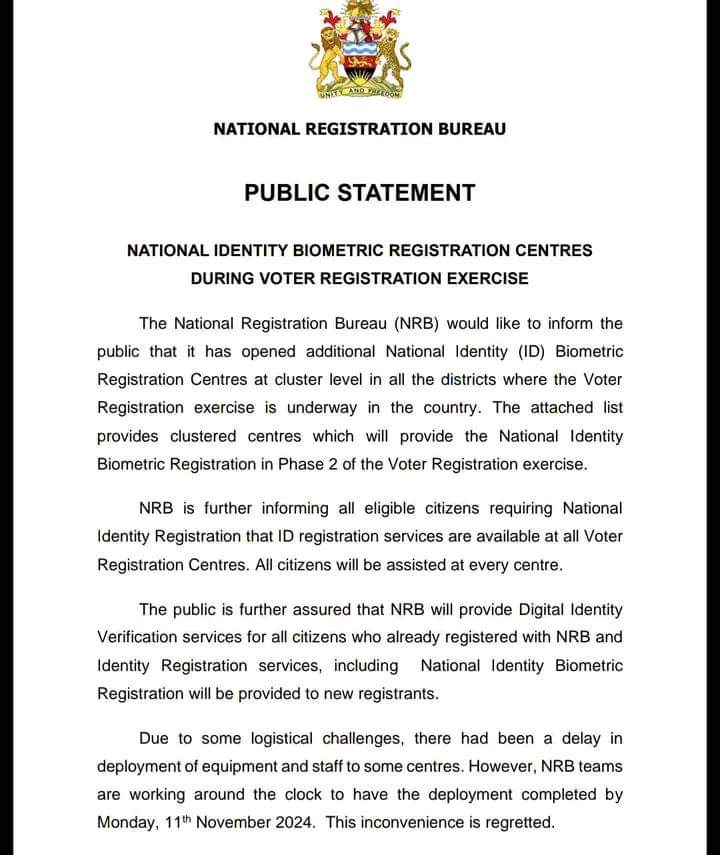By Burnett Munthali
Someone sent me a statement yesterday that I had issued on behalf of President Rupiah Banda back in 2010.
It was a public apology the President had made to then opposition leader Hakainde Hichilema.
The apology followed remarks President Banda had made at the airport, which had drawn widespread attention.
I remember the incident vividly, not just because of its political implications, but because it revealed something deeper about leadership and accountability.
President Banda had made a comment questioning why Mr. Hichilema was not often seen in public with his wife.
He went as far as suggesting, perhaps jokingly but still inappropriately, that it was “as if she was Indian.”
It was a remark that struck a nerve — not just for its ethnic overtones, but because it needlessly dragged a private individual into the political arena.
Mrs. Hichilema had always maintained a low profile.
She had never issued political statements.
She was not involved in active politics.
Bringing her into a political squabble was uncalled for.
When I was asked to draft the apology statement, I knew it needed to be sincere.
I wrote it carefully, mindful of tone and content, ensuring the message was clear without being repetitive.
As someone who had worked as an international newswire journalist, I had always been taught to avoid tautology and unnecessary repetition in writing.
After drafting the statement, I handed it to the President for review.
He took a red pen and added one more sentence to the end of the statement.
“Sir, the apology is already captured,” I gently reminded him.
He looked at me and said, “Yes, I have seen it, but include that last sentence for emphasis — to show that I am genuinely sorry.”
That moment taught me something profound.
Leadership is not always about being strong or invincible.
Sometimes, it’s about being human — vulnerable enough to admit when you’re wrong.
Presidents are mortals.
They make mistakes like the rest of us.
But when they acknowledge those mistakes publicly, they don’t lose dignity — they earn respect.
President Banda’s insistence on reinforcing his apology was not a political strategy.
It was a personal conviction.
He was bothered by the fact that he had wronged someone who had not even stepped into the political arena.
And he wanted to make it right.
In a world where many leaders struggle to say “I’m sorry,” this moment remains etched in my mind as a lesson in humility.
We often think of political leaders as people who must never show weakness.
But real strength lies in the ability to own up to one’s words and actions.
An apology, when given sincerely, is not a sign of weakness.
It is a sign of strength — a reflection of moral clarity and maturity.
Looking back, I realize that moment with President Banda wasn’t just about managing a political fallout.
It was a masterclass in leadership.
It was about restoring dignity — not just to Mrs. Hichilema, but to the presidency itself.
It reminded me that those in high office should never hesitate to acknowledge when they have crossed a line.
And more importantly, they should never underestimate the power of a simple, heartfelt apology.
The public doesn’t expect leaders to be perfect.
But they do expect them to be accountable.
President Banda’s apology taught me that the words “I am genuinely sorry,” when said with conviction, can carry more weight than any political slogan.
And in that moment, I saw not just a President — but a man who understood the value of respect.




